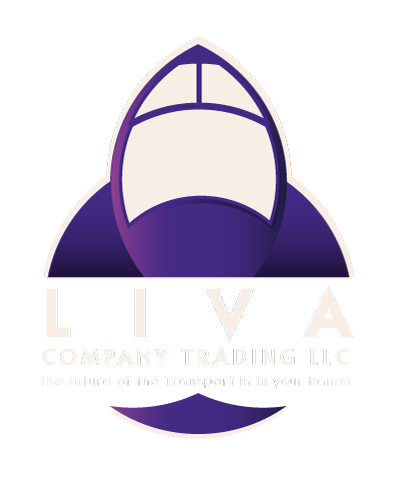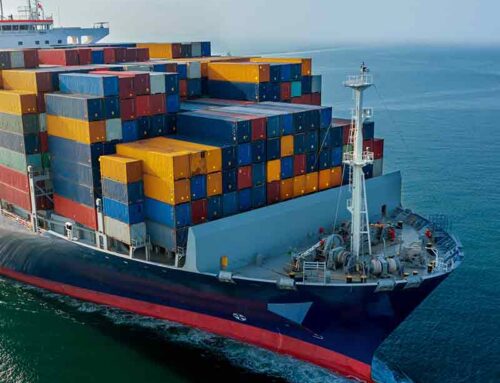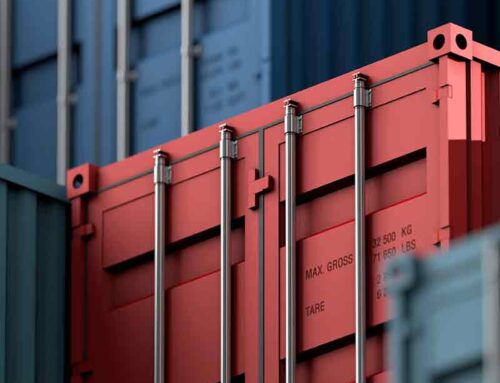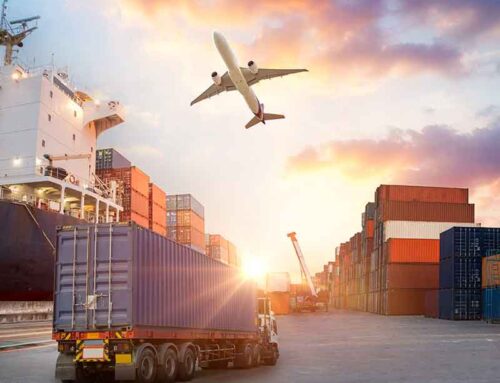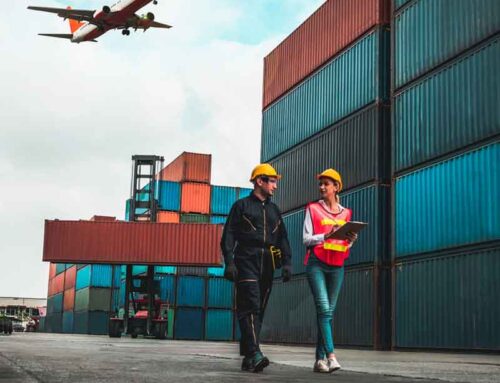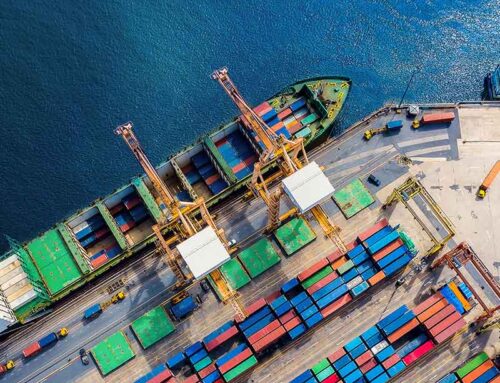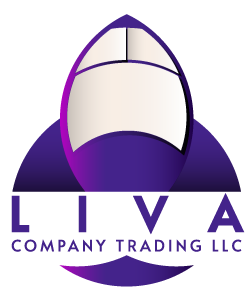Customs Broker / Control Agency
A customs broker is a licensed professional who acts as an intermediary between importers and exporters and the customs authorities. They assist clients with the complex and often time-consuming process of clearing goods through customs.

Services Provided by Customs Brokers:
Classification of goods: Determining the correct tariff classification of imported goods, which determines the applicable duty rates and taxes.
Preparation and submission of customs documentation: Preparing and submitting all necessary customs documents, including entry forms, invoices,
packing lists, and certificates of origin.
Calculation of duties and taxes: Calculating the amount of duties and taxes owed on imported goods.
Filing of entry summaries: Electronically transmitting entry summaries to customs authorities, providing detailed information about the imported goods.
Liaison with customs officials: Representing clients before customs authorities, answering questions, and resolving any issues that may arise during
the clearance process.
Post-clearance audits: Assisting clients with post-clearance audits conducted by customs authorities to verify the accuracy of customs declarations.
Benefits of Using a Customs Broker:
Expertise and knowledge: Customs brokers have specialized knowledge of
customs regulations, procedures, and tariff classifications.
Time and cost savings: Brokers can streamline the customs clearance process,
reducing delays and associated costs.
Reduced risk of penalties: Brokers ensure that customs declarations are
accurate and complete, minimizing the risk of penalties or fines.
Improved compliance: Brokers help clients comply with all applicable customs
regulations, reducing the risk of legal issues.
Access to electronic systems: Brokers have access to electronic systems that
facilitate the submission of customs documents and communication with
customs authorities.
Licensing and Regulation:
Customs brokers are typically licensed and regulated by government agencies.
In the United States, customs brokers are licensed by U.S. Customs and Border
Protection (CBP). To obtain a license, brokers must pass a comprehensive exam
and meet certain experience requirements.
Choosing a Customs Broker:
When selecting a customs broker, consider the following factors:
Experience and reputation: Look for brokers with a proven track record of
success.
Expertise: Choose brokers who specialize in the specific industry or type of
goods you import or export.
Fees: Get quotes from multiple brokers and compare their fees to ensure you
are getting a fair price.
Communication and responsiveness: Choose brokers who are responsive and
communicate effectively with their clients.
Technology: Look for brokers who use modern technology to streamline the
customs clearance process.

